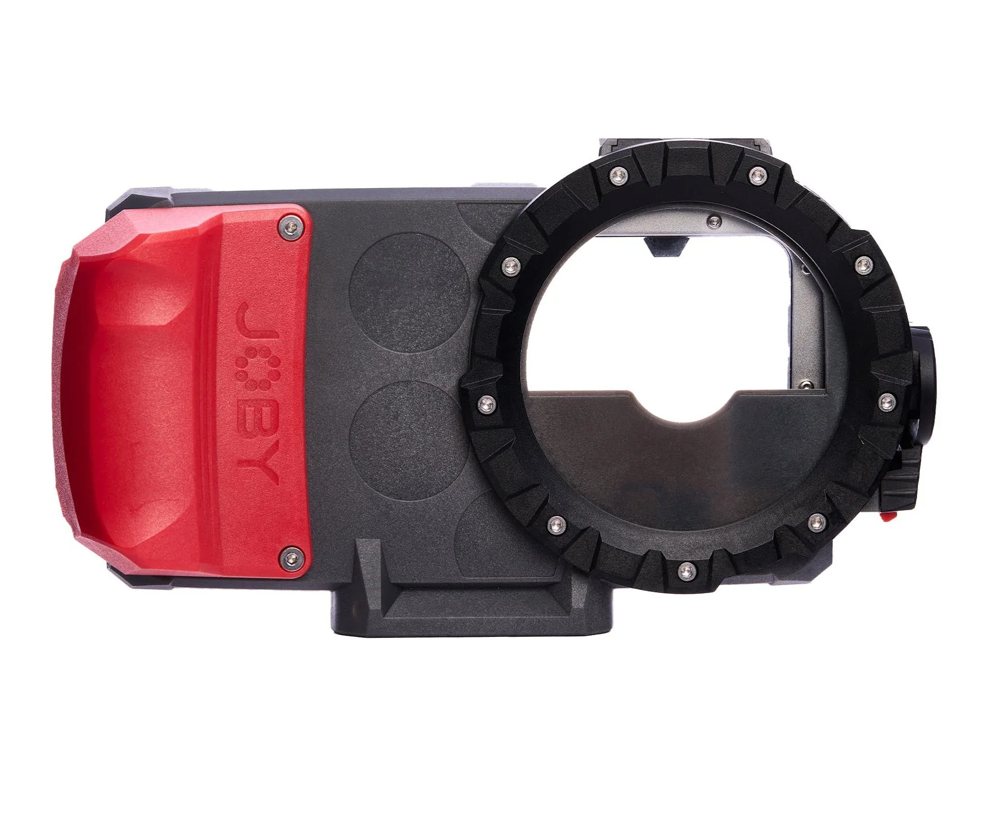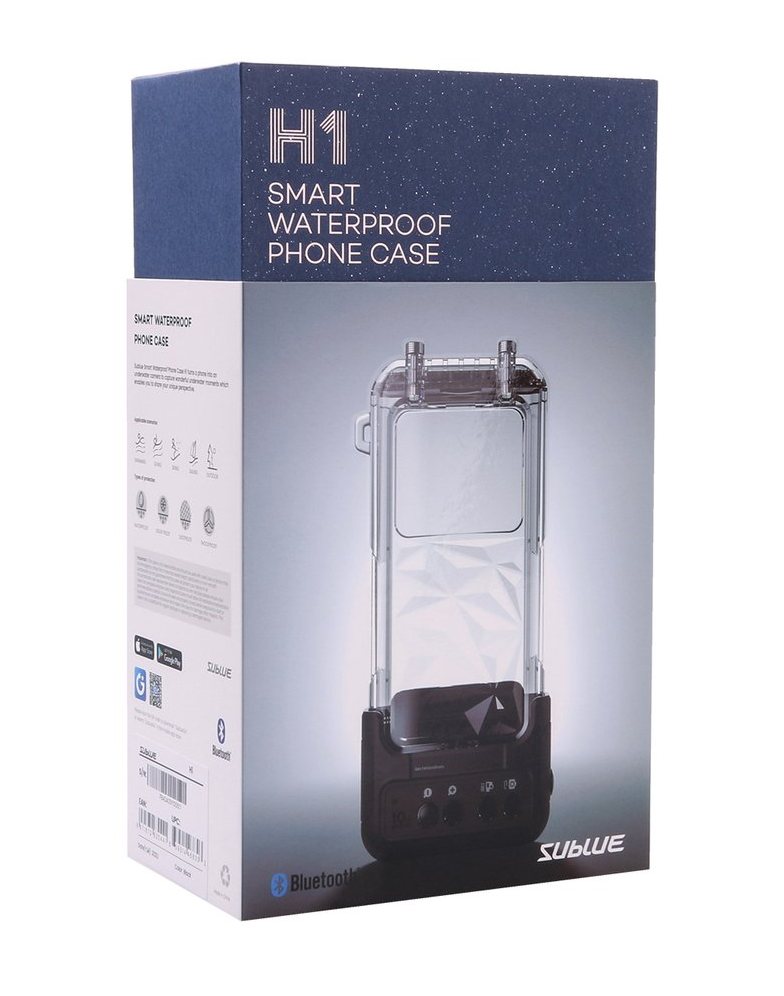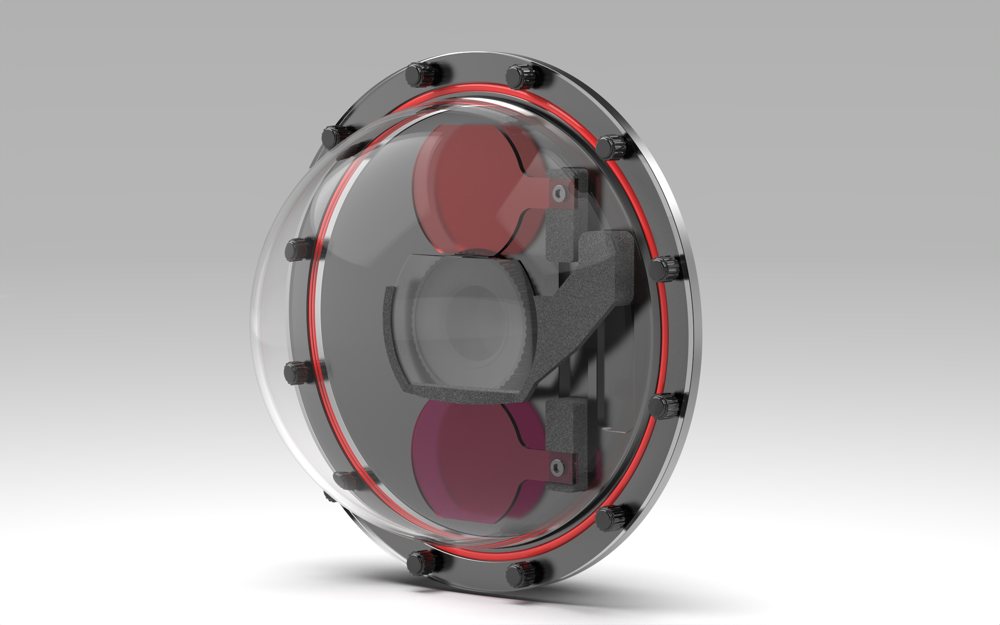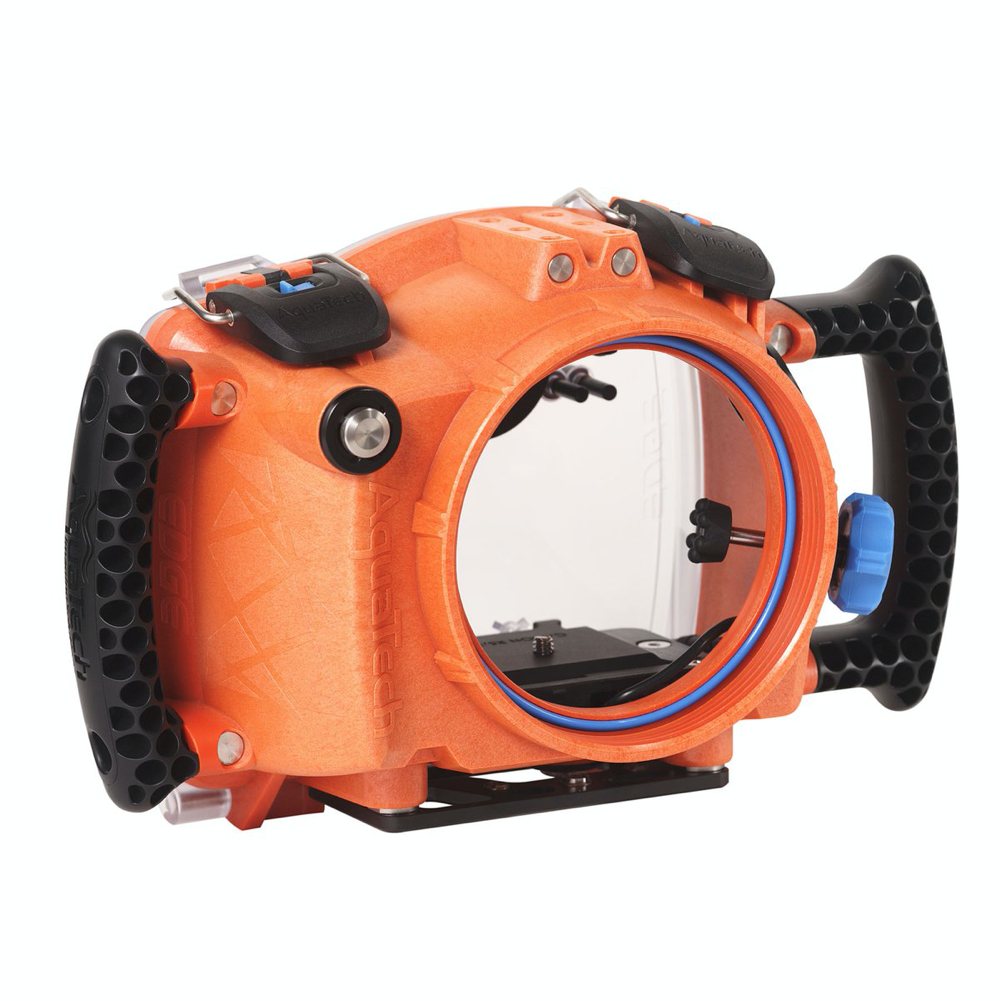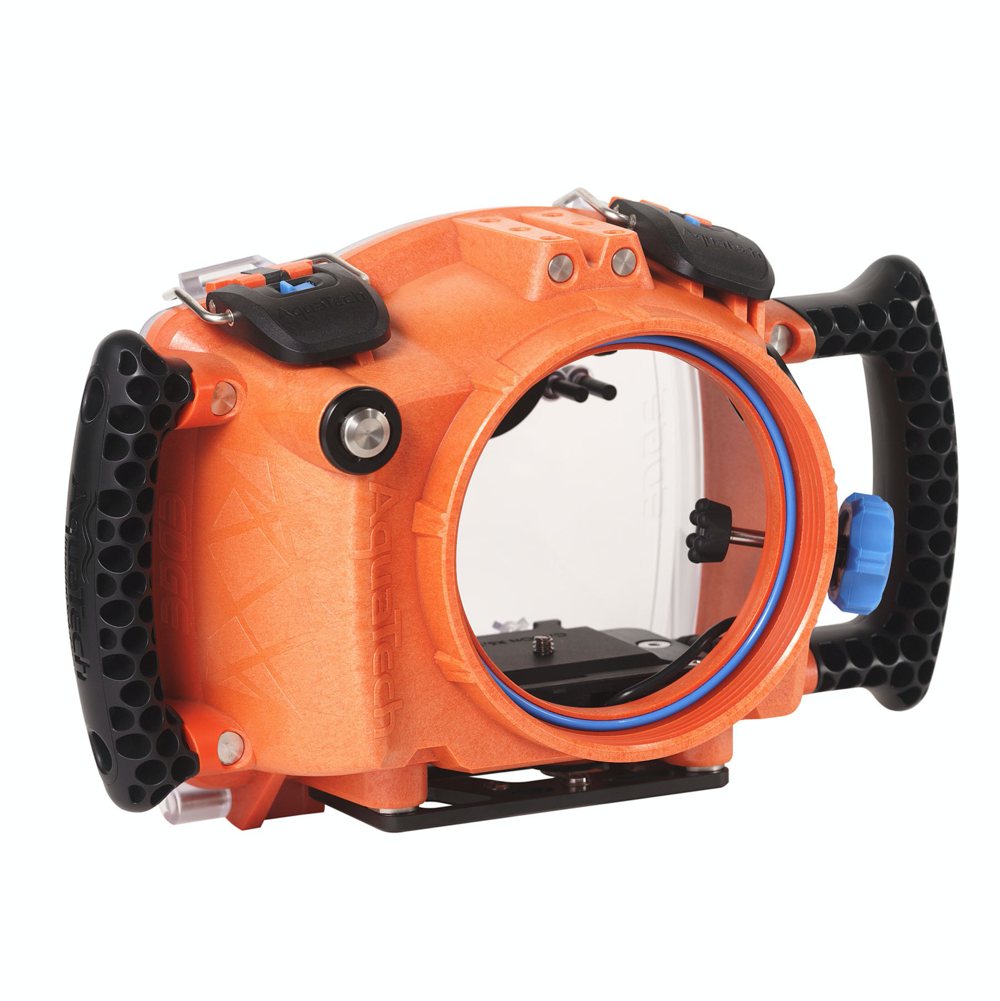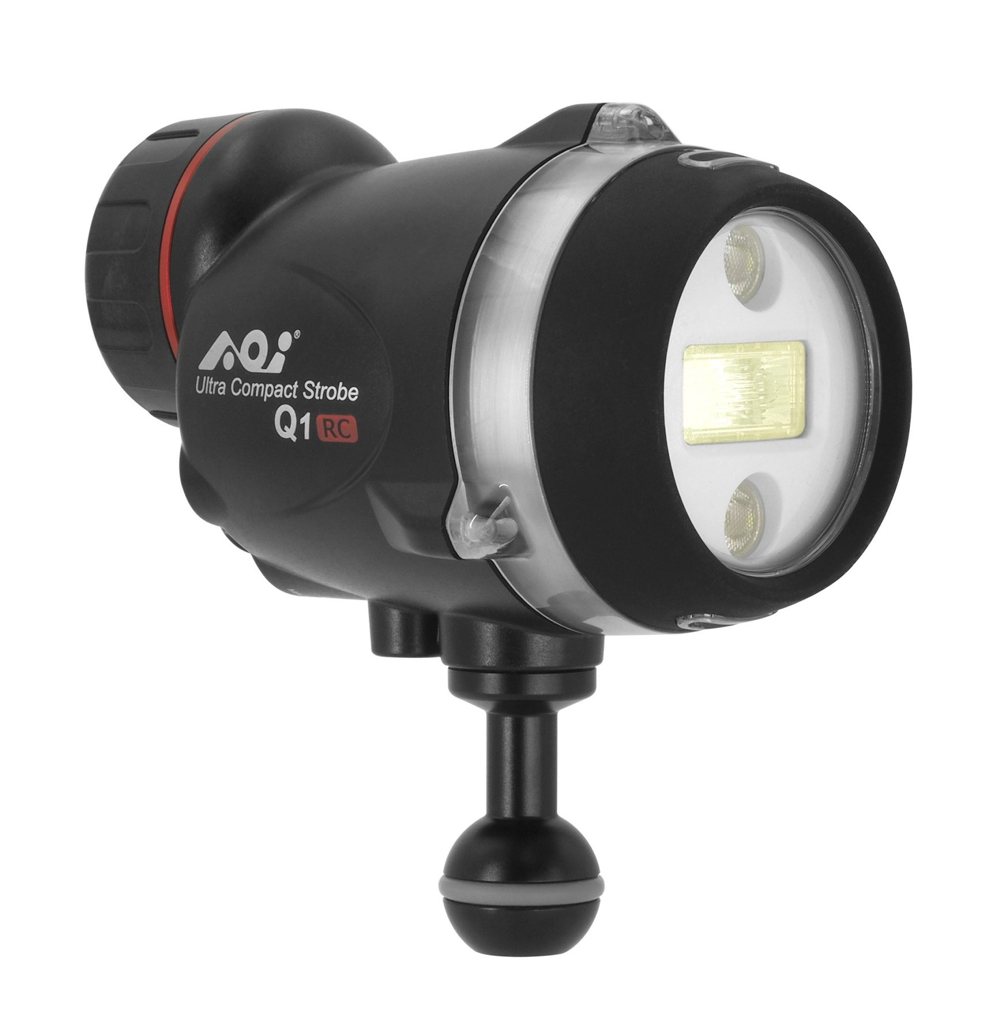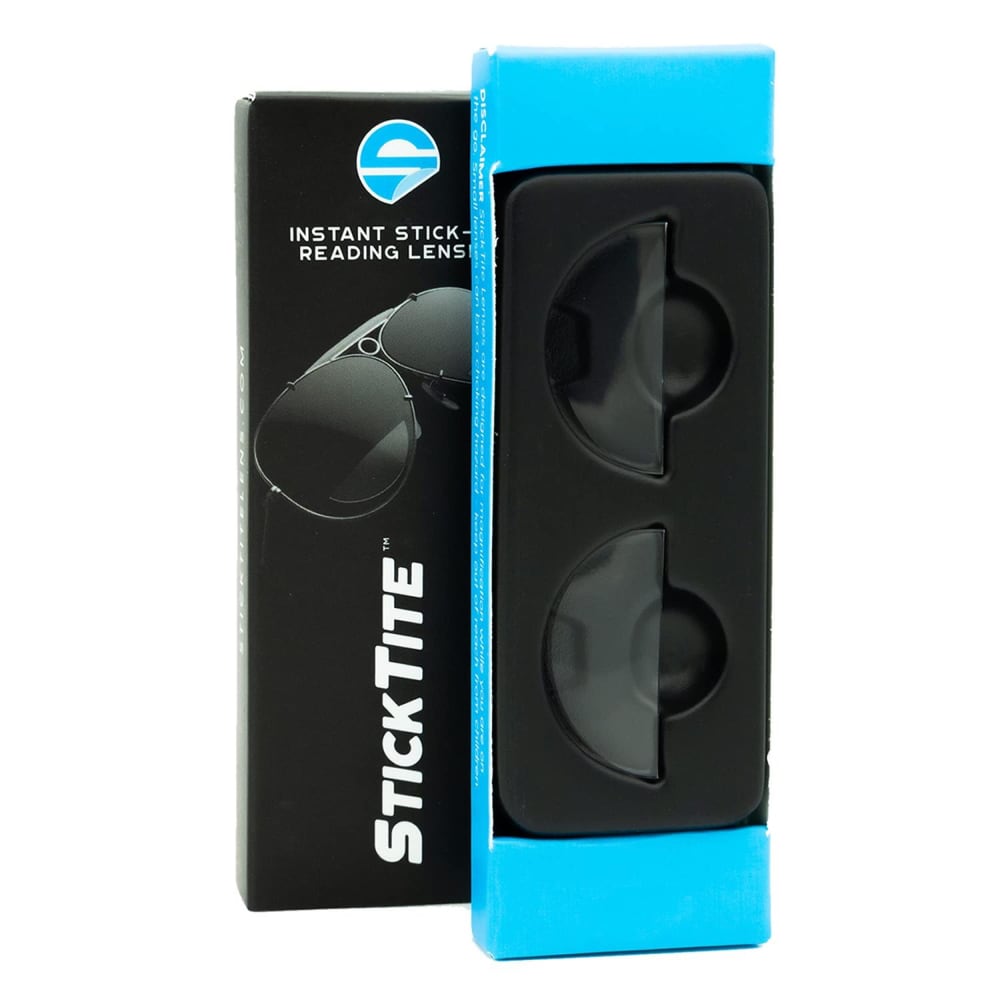- Home
- Directory
- Shop
- Underwater Cameras - Photographic Accessories
- Smartphone Housings
- Sea Scooters
- Hookah Dive Systems
- Underwater Metal Detectors
- Dive Gear
- Dive Accessories
- Diving DVD & Blu-Ray Discs
- Diving Books
- Underwater Drones
- Drones
- Subscriptions - Magazines
- Protective Cases
- Corrective Lenses
- Dive Wear
- Underwater Membership
- Assistive Technology - NDIS
- On Sale
- Underwater Gift Cards
- Underwater Art
- Power Stations
- Underwater Bargain Bin
- Brands
- 10bar
- AOI
- AquaTech
- AxisGo
- Backscatter Underwater Video and Photo
- BLU3
- Cayago
- Chasing
- Cinebags
- Digipower
- DJI
- Dyron
- Edge Smart Drive
- Eneloop
- Energizer
- Exotech Innovations
- Fantasea
- Fotocore
- Garmin
- Geneinno
- GoPro
- Hagul
- Hydro Sapiens
- Hydrotac
- Ikelite
- Indigo Industries
- Inon
- Insta360
- Intova
- Isotta Housings
- Jobe
- JOBY
- Kraken Sports
- LEFEET
- Mirage Dive
- Nautica Seascooters
- Nautilus Lifeline
- NautiSmart
- Nitecore
- Nokta Makro
- Oceanic
- Olympus
- OM System
- Orca Torch
- Paralenz
- PowerDive
- QYSEA
- Scubajet
- Scubalamp
- Sea & Sea
- SeaDoo Seascooter
- SeaLife
- Seavu
- Shark Shield
- Sherwood Scuba
- Spare Air
- StickTite
- Sublue
- Suunto
- SwellPro
- T-HOUSING
- Tusa
- U.N Photographics
- Venture Heat
- XTAR
- Yamaha Seascooter
- Youcan Robot
Surviving as a novice diver
Contributed by AlexP
Warning signs
My pink wetsuit riddled with holes and small very bendy yellow fins should have been a warning. The experienced diver refusing to dive on a world famous dive site should have made me think twice. The dive guide urging us to leap off the back of the boat over the churning propellers 'any way that didn’t kill us'’ definitely should have made me stop and think; it didn't and I just avoided becoming a statistic.
Dahab
I had gone to Dahab, in Egypt's Red Sea, to learn how to dive and breathing
underwater was like a childhood dream come true. It was love at first dive and
I longed to be free from the Open Water classroom to develop this romance further.
Returning to my hotel each day after my Open Water course, it didn't feel like
I was on holiday. The Instructor was painstaking, rigorous and obsessed with
theory. I felt he was over zealous and my companions confirmed their courses
had been far less intense. Veterans of around 20 dives each, their exciting
stories of dives such as the 'Blue Hole' and 'The Canyon' only fuelled my frustration.
Lighthouse Reef
Diving in Egypt can be an exhilarating experience but sadly some of the sites around Dahab have seen far better days; which makes them perfect for learner divers. One overheard conversation between dive instructors went along the lines of 'we always chuck them in at the Lighthouse Reef because at least they can't trash it anymore'. Later, swimming out past shopping trolleys, tyres and plastic bags I realised it was mostly true.
Ras Mohammed
It was mostly having spent the Open Water course around the Lighthouse Reef listening to stories about Blue Holes and Canyons that made us sign up for the trip to Ras Mohammed as our last dive of the holiday. Ras Mohammed, accessed via Sharm el Sheik is generally not spoken about with quite as much trepidation as the notorious Blue Hole. Unlike the Blue Hole there are no commemorative plaques for the divers killed exploring the site but it is not without its dangers. Having read more about this site after our trip, many experienced divers consider it a potentially dangerous and quite technical dive site. It is without doubt no place for a recently qualified Open Water diver and his fairly inexperienced friends.
The Brief
Speeding out across the Red Sea, I soaked in the unique environment of the dive boat for the first time. Tanks lined up on the deck, a gnarled chain smoking skipper and the buzz of anticipation from fellow divers. Our guide was laid back, a refreshing change from the oppressive Open Water classroom. The dive plan was 'jump in, go to 20-25 metres, swim around, look at some fish, look at some cool toilets, drift for a bit and then come up, ok'.
Propeller entry
Half an hour later I was trying to remember the bit in the PADI manual covering jumping off the back of a boat at the same time as ten other divers whilst trying to avoid propellers. It was no surprise that somebody’s kit broke and unfortunately it was one of our group; after trying in vain to fix the broken tank strap he had to return to the boat.
Deep Blue
His buddy and I descended 25 metres as instructed but the guide had disappeared, as had everybody else. I looked at my new buddy who gave me an underwater shrug, also not in the PADI manual, but very useful. Looking for the guide, I turned 360 degrees and then noticed the reef wall behind my buddy had disappeared. I looked at my depth gauge, we were now at 35m, surrounded by nothing but blue, it was absolutely terrifying. I looked at my buddy who to my horror had started swimming towards me. As she was my only point of reference for the reef wall, I swam straight at her, passed her and didn't stop until I was touching the wall.
As we floated back up to 25 metres our friend appeared from above with a new BCD having made a solo descent. Our missing guide also appeared looking furious, later we learned it was only the obstinacy of my girlfriend that made him turn back. He set off again at a rapid pace, finning into a strong current. With our pathetic hire fins we just couldn't keep up and despite being very fit I was tiring quickly.
Air scare
We eventually caught up but by now I was exhausted, slightly nauseous and scared. I also had only 60 bar of air left. I tried to get the guide's attention but his response was to nod and swim off. We followed, one by one like parachute jumpers into a strong current which swept us spinning over the reef top bumping into each other and unable to stay the right way up.
Spat out of the current we floated at 12 metres, my air went quickly from 40 to 30, then 20, 10, 5. Each time I showed the guide he simply nodded. The air became harder and harder to breathe, I sucked hard on what was the last breath in the tank, held my breath, swam over to the guide and ripped his octopus out, greedily taking in the air. Two minutes later he too indicated he was out of air and we rose to the surface.
Paranoia
Later, in our hotel room, having vomited a few times and suffering from an intense headache, I was gripped by a paranoia that I had the bends and was going to die. The next day I went to the dive operator to complain. They blamed the subcontractor who blamed the divemaster who happened to have left the resort that day. On returning home the tour operator informed me they were responsible for booking, not activity in the water.
Fortunately this experience did not put me off diving, my then girlfriend is now my wife and we have enjoyed some sensational dive trips with some wonderful dive operators and guides. When we swap tales with other divers, my Egyptian experience still generates gasps of shock and disbelief.
Lucky tip?
The day before our trip to Ras Mohammed my over zealous and utterly professional
Open Water instructor had made us kneel on the sand 10 metres below the surface
where he briefly turned off our air, giving us his alternate air source while
he turned it back on.
When I questioned him about this after the course he said he wanted us to know
what it felt like to run out of air, just in case.
Sidebar
Ten tips for the inexperienced on holiday
1. Destination - Pick a destination that matches your abilities.
2. Operator - Seek out as many recommendations as possible, a trend will always
emerge.
3. Fins - Even if you are only going to dive once a year, buy some good fins
and a mask, you can always use them snorkelling as well.
4. Practice - If you can have a practice dive before you go.
5. Equipment - It doesn't have to be state of the art but if your hire gear
is in poor condition it is an indication of a company that may cut corners in
other areas.
6. Guide - There’s no such thing as too safe a dive guide. If your dive
guide is checking your equipment, chatting one on one with everyone in the group,
giving detailed site briefs and giving you the option of sitting the dive out
if you aren't comfortable, it's a good thing.
7. Personal responsibility - Ultimately you are responsible for your own safety
on a dive, if you aren't comfortable, don't dive, there's always tomorrow.
8. Buddy - Know your buddy, if you are not happy change them.
9. Forget about the money - Don't take big risks to make sure you get your money's
worth.
10. Pull out - If the dive is going wrong take control of your own safety, slowly
ascend and get out of the water.
Shopfront
-
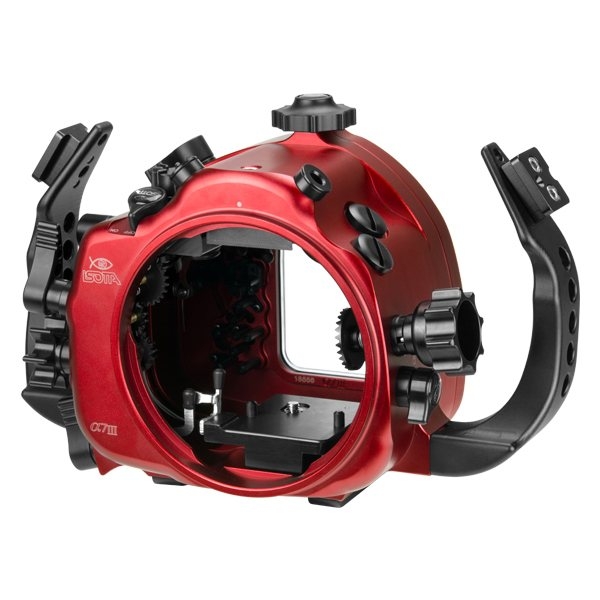 Isotta Underwater Mirrorless Camera Housings
Isotta Underwater Mirrorless Camera Housings
- Price A$ 3,499.00
-
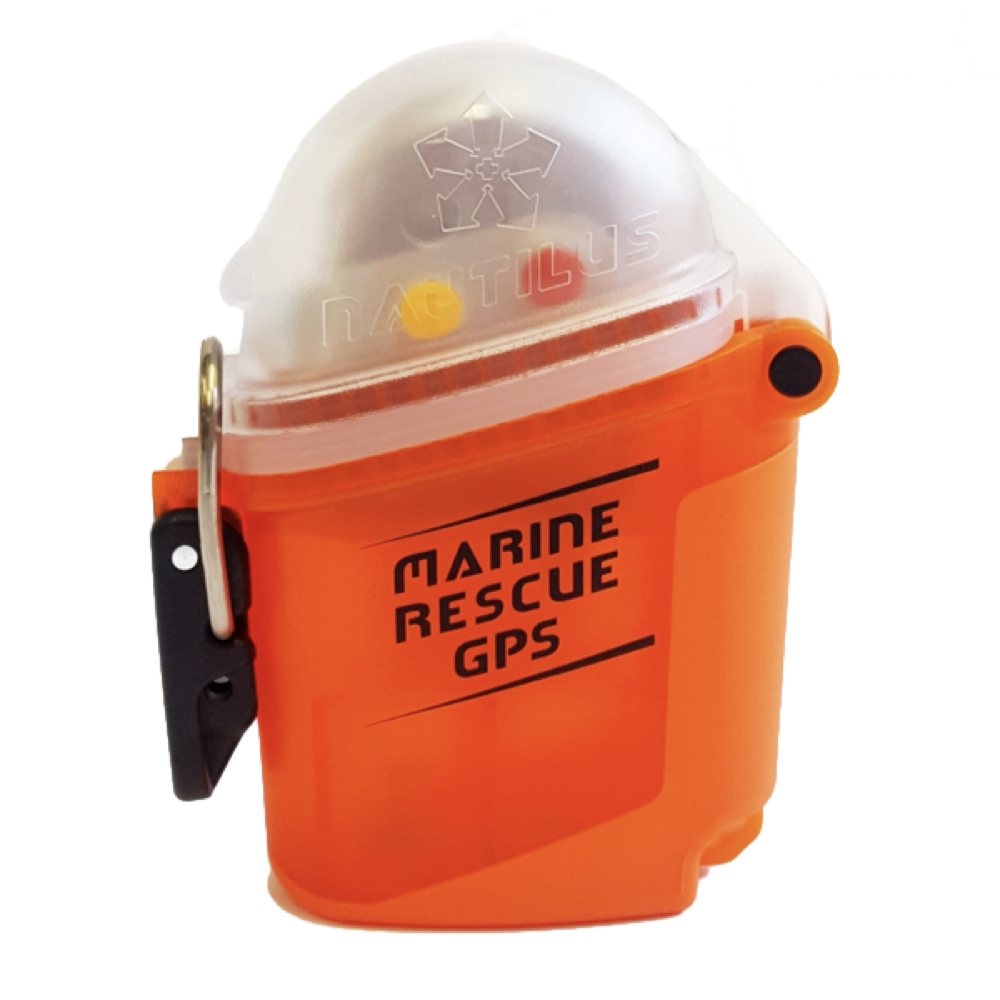 Nautilus Lifeline Marine Rescue GPS - nexGen
Nautilus Lifeline Marine Rescue GPS - nexGen
- Price A$ 439.00
-
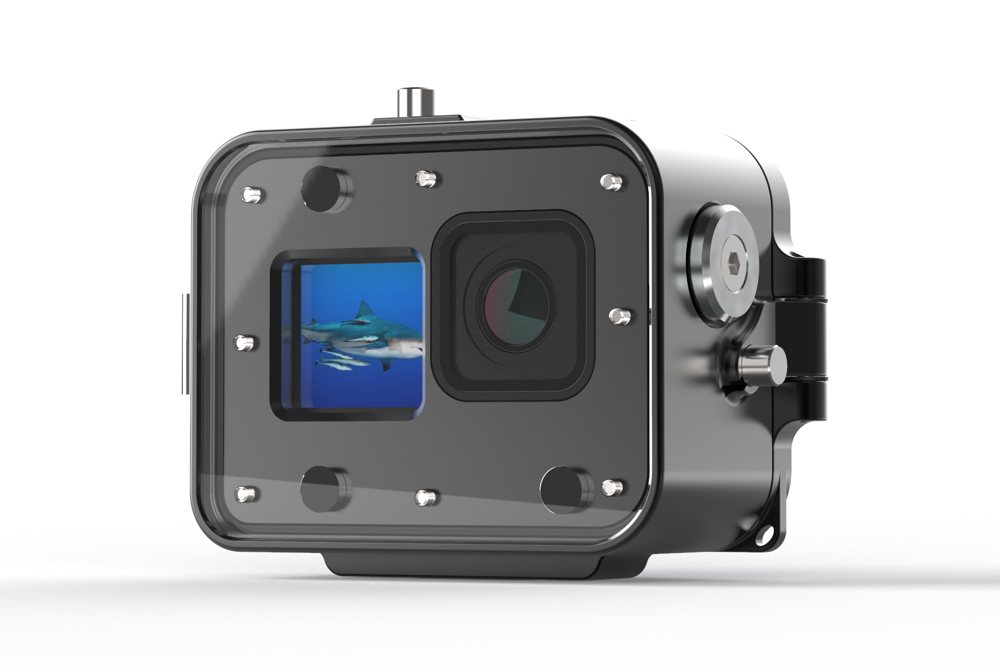 T-Housing Aluminium Deepdive Housing for GoPro Hero9 Hero10 HERO11 HERO12 and HERO13
T-Housing Aluminium Deepdive Housing for GoPro Hero9 Hero10 HERO11 HERO12 and HERO13
- Price A$ 579.00
-
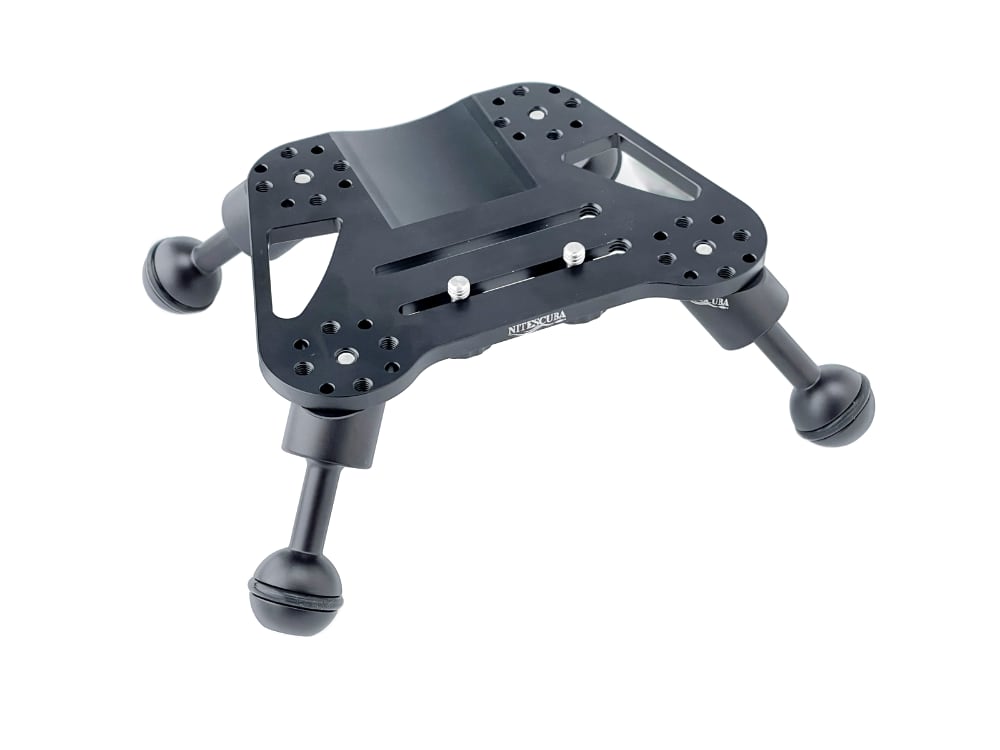 Nitescuba Tripod Bracket for Underwater Camera Housings
Nitescuba Tripod Bracket for Underwater Camera Housings
- Price A$ 249.95
-
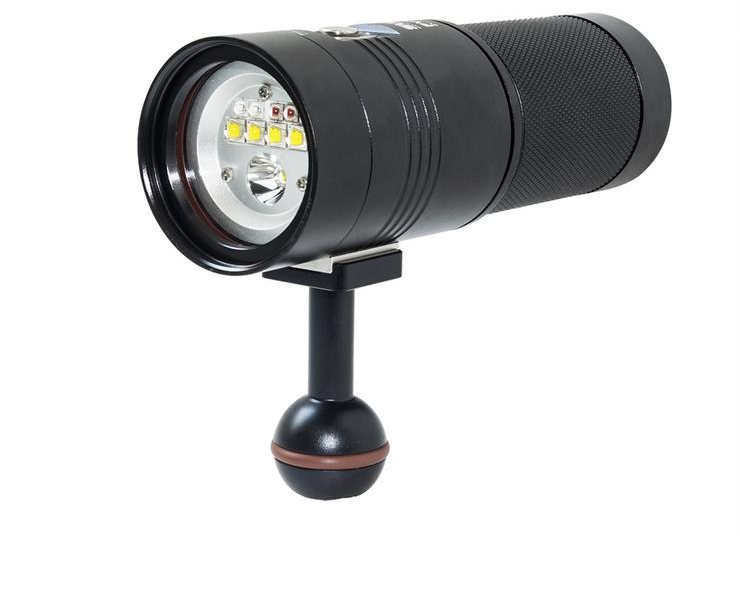 Scubalamp PV32T LED Photo/Video Light - 3,000 lumens
Scubalamp PV32T LED Photo/Video Light - 3,000 lumens
- Price A$ 349.00
-
 Insta360 X4 Invisible Dive Case
Insta360 X4 Invisible Dive Case
- Price A$ 169.00
-
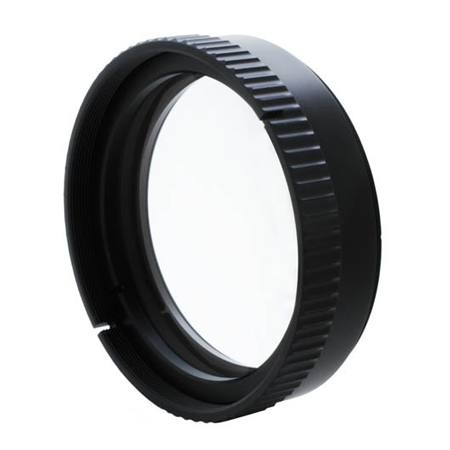 DYRON Macro lens UCL67II
DYRON Macro lens UCL67II
- Price A$ 199.00
-
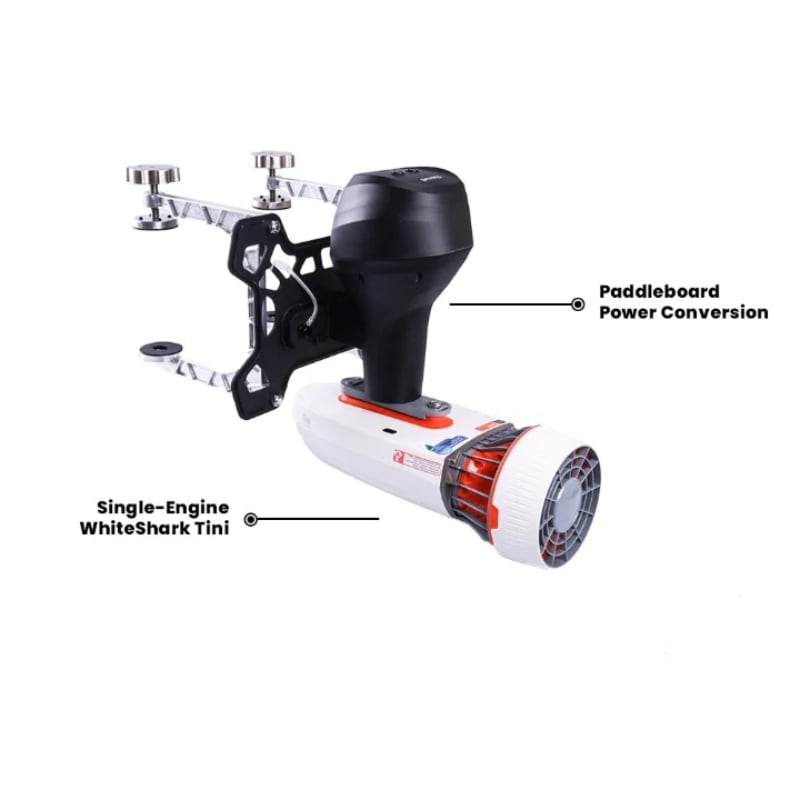 Sublue Paddleboard Power Conversion Kit
Sublue Paddleboard Power Conversion Kit
- Price A$ 599.00
In the Directory



